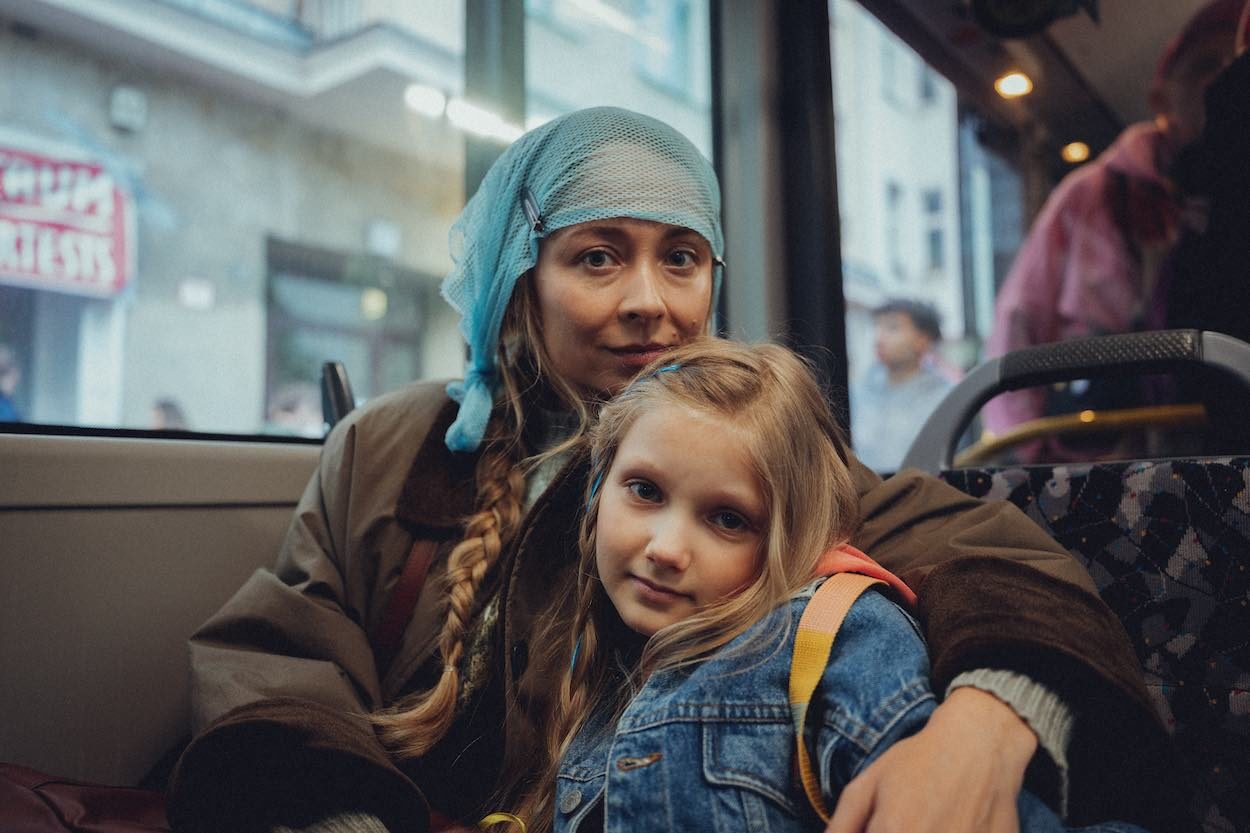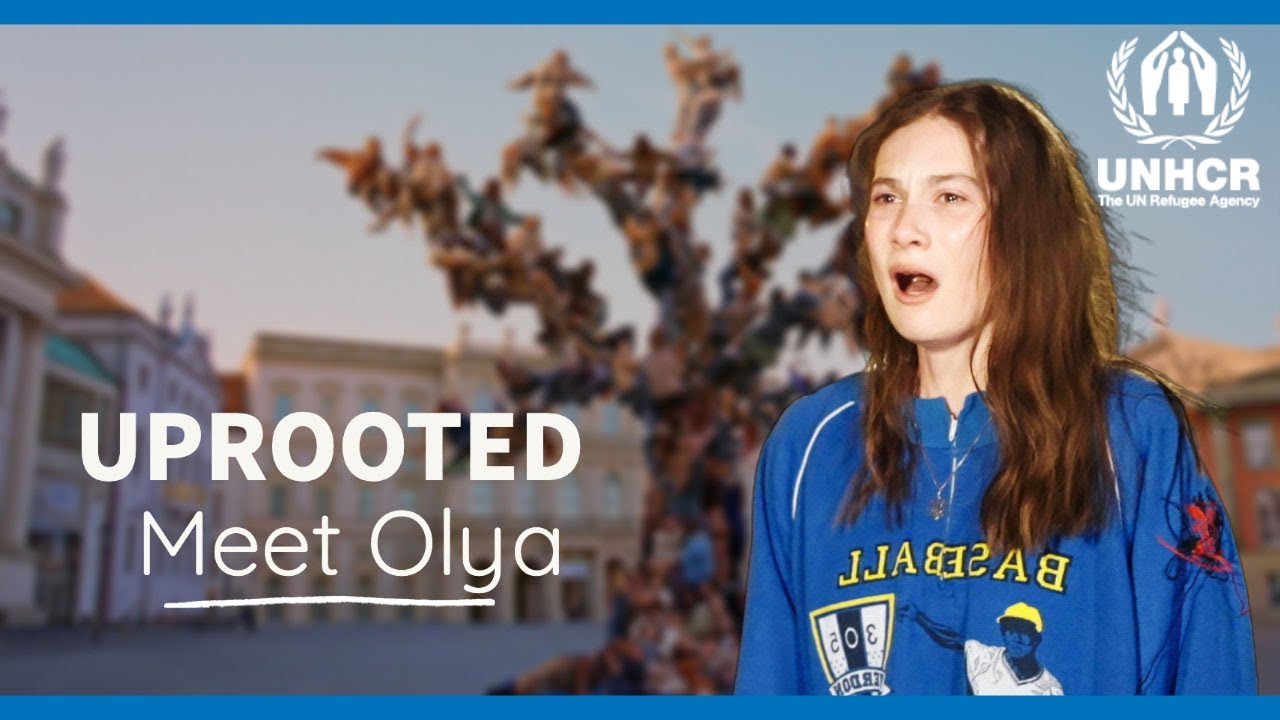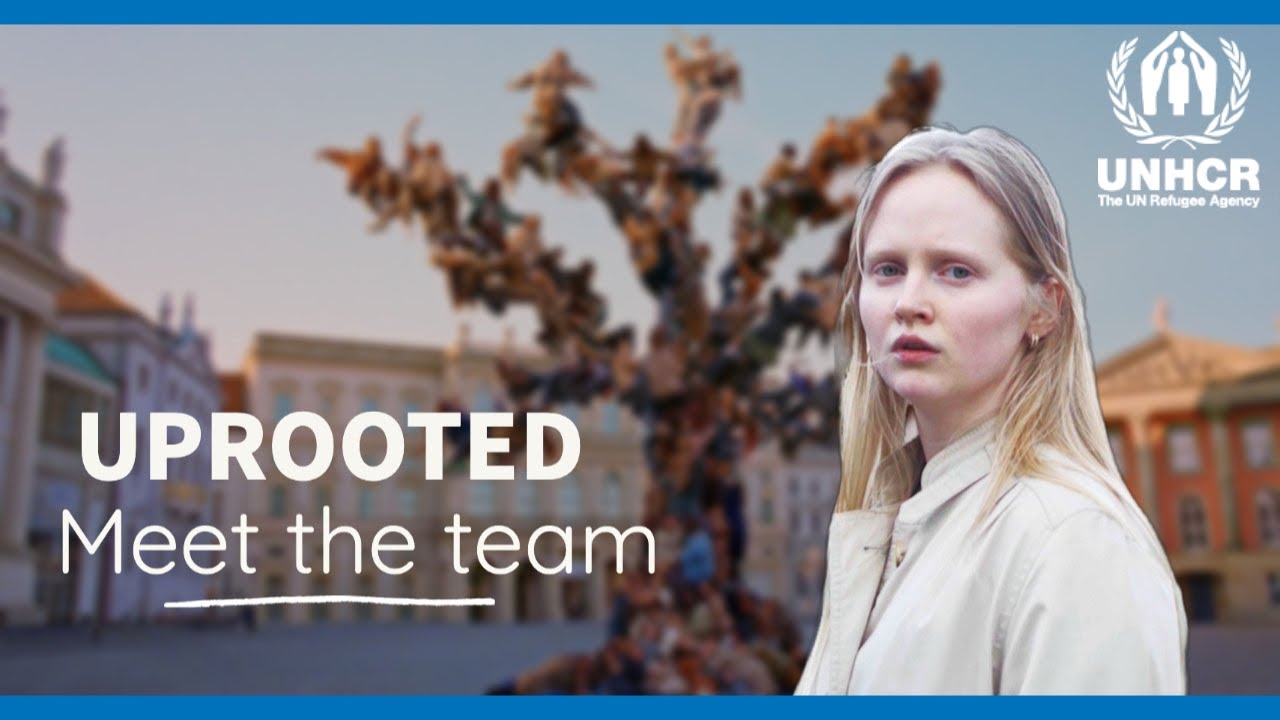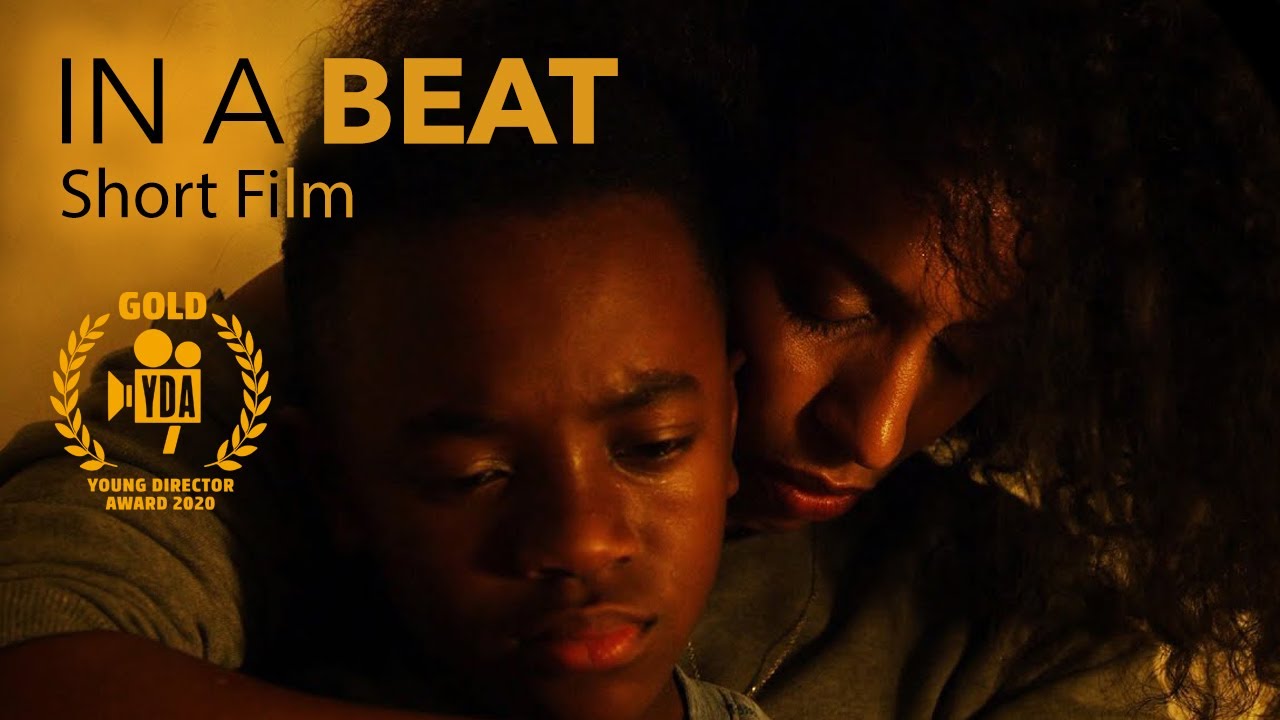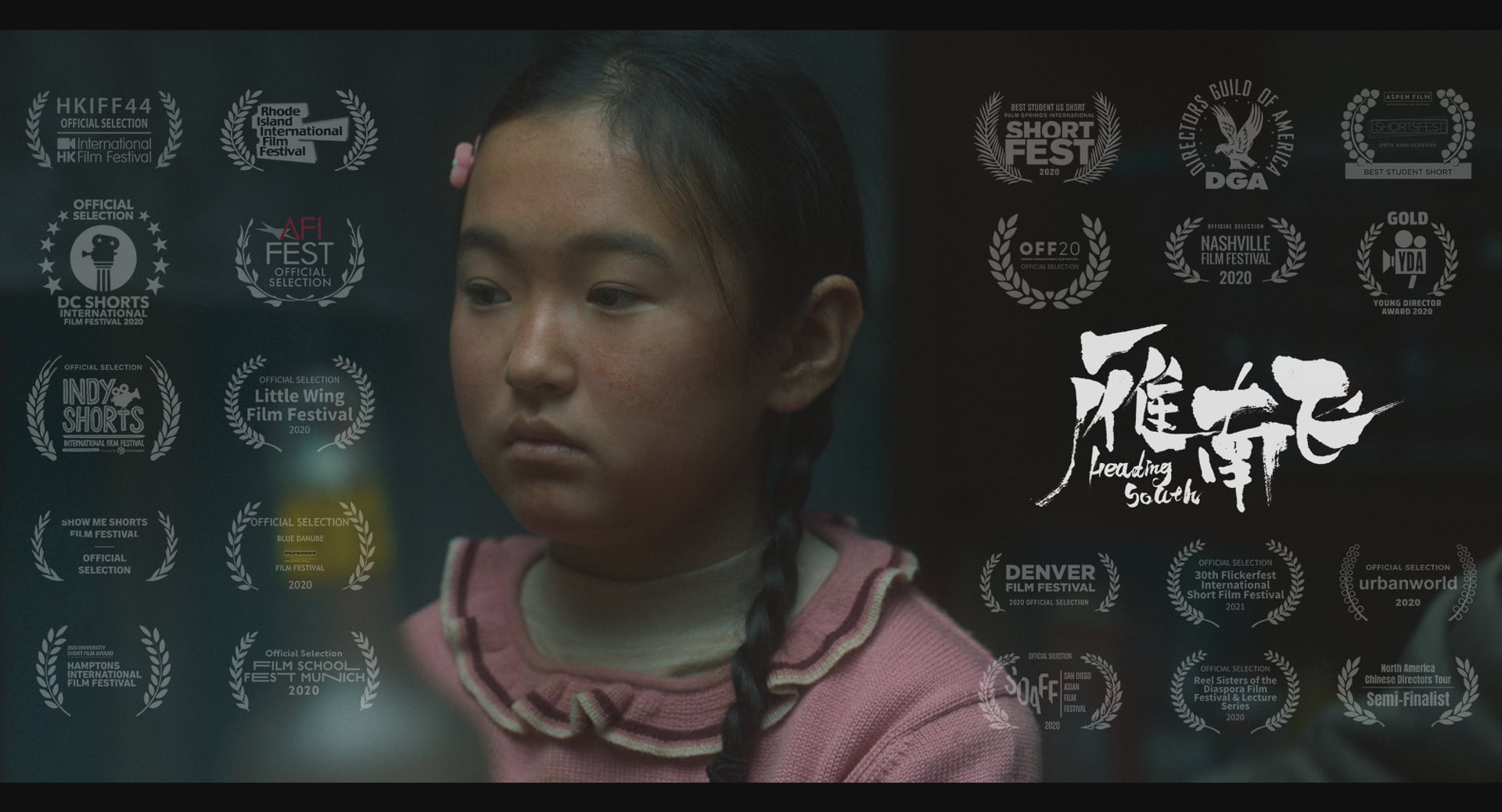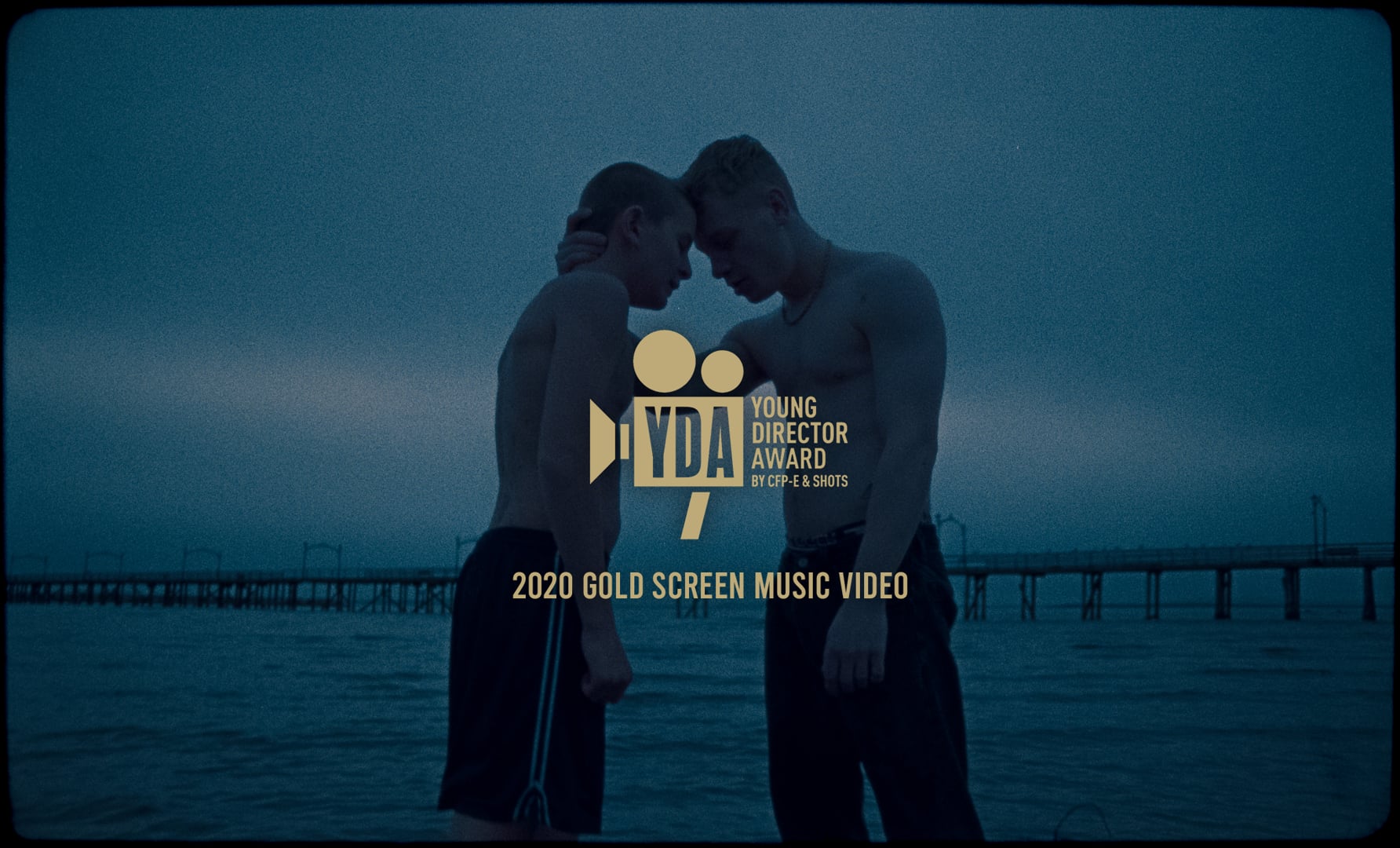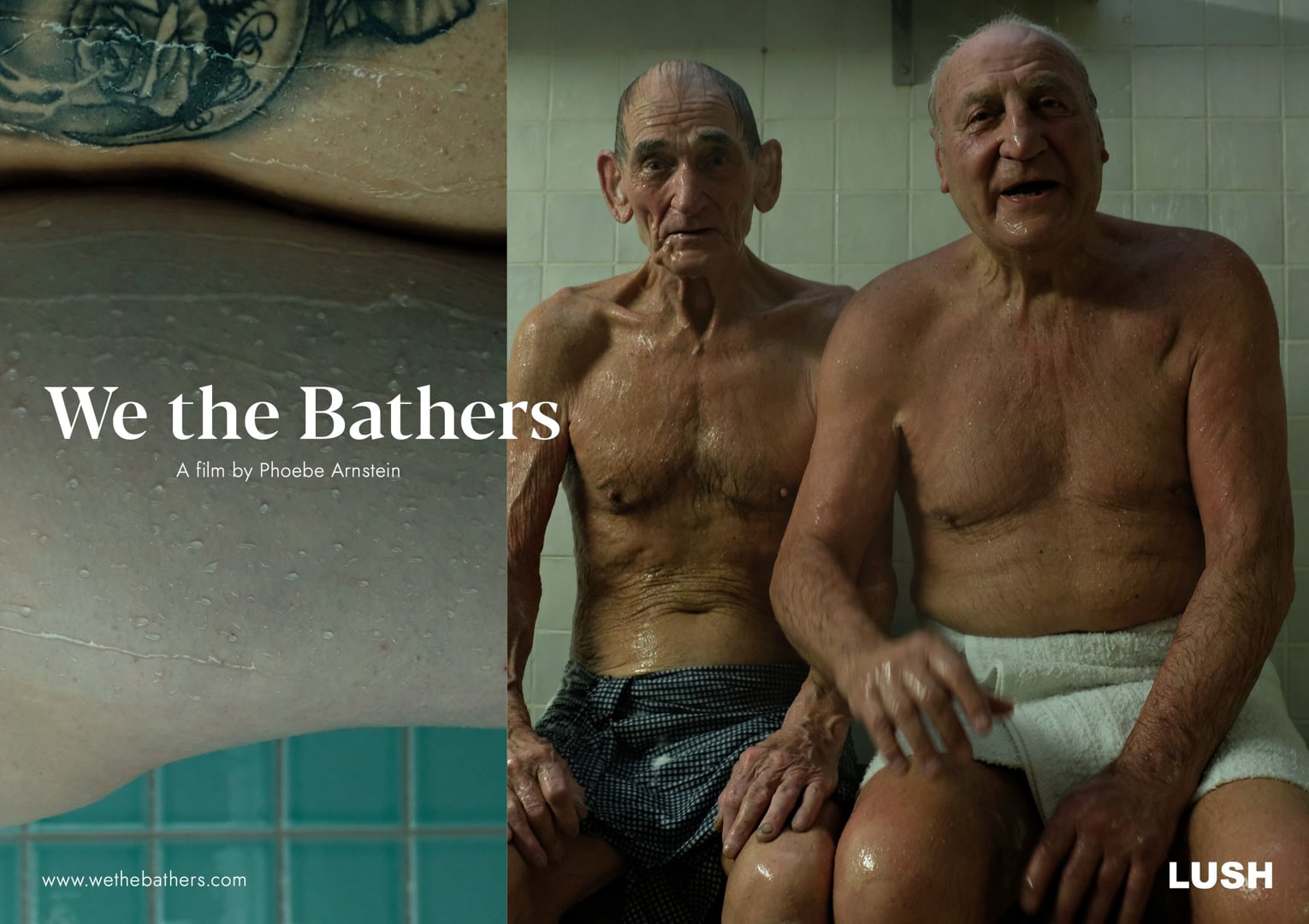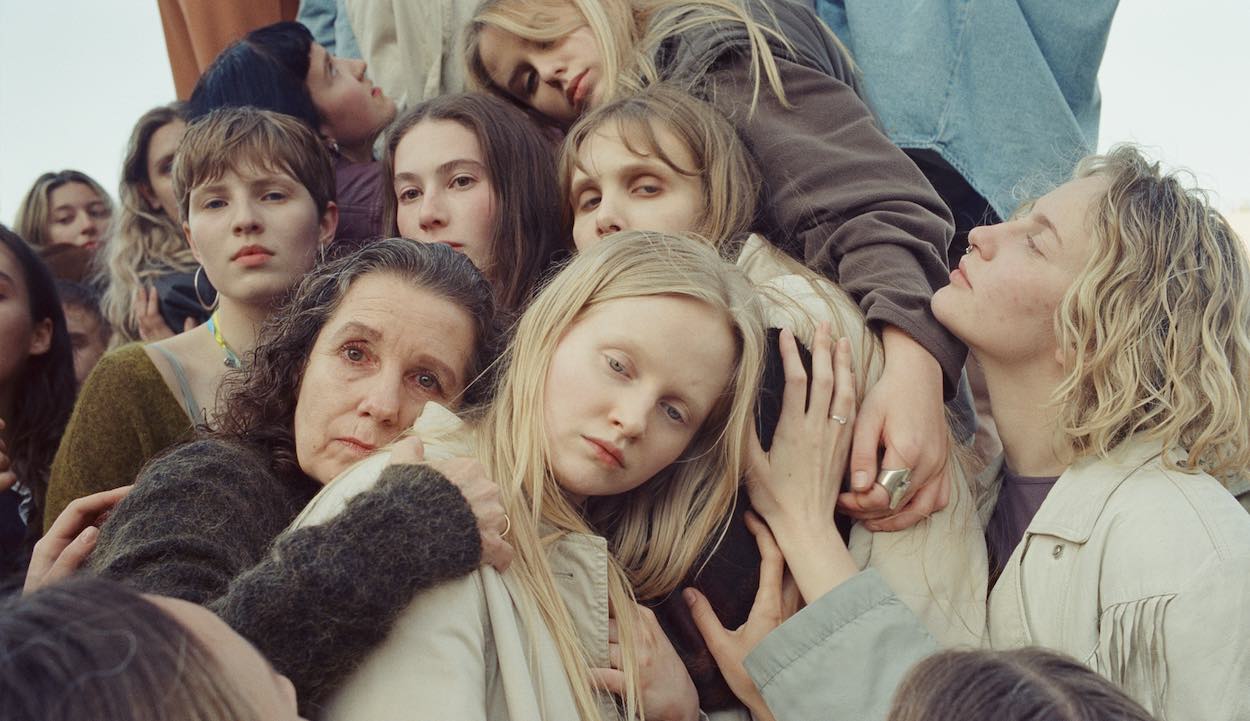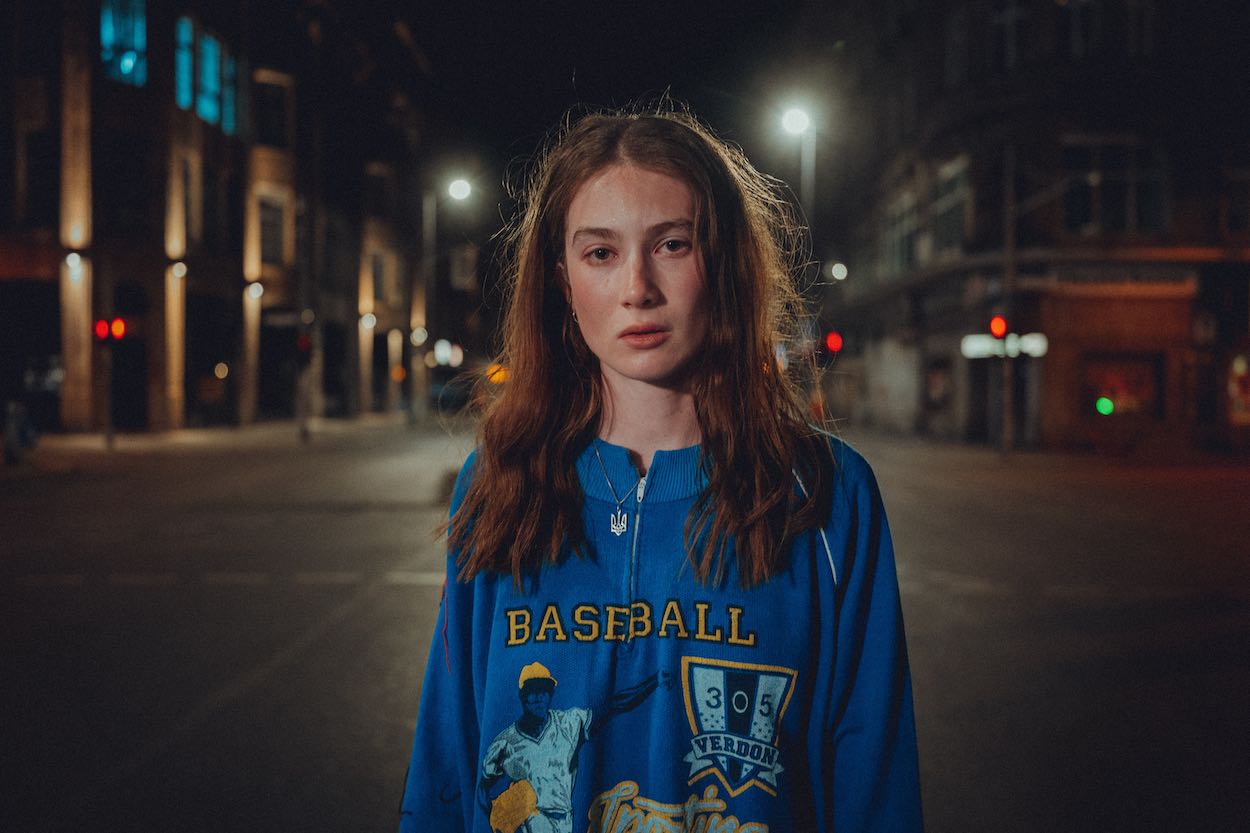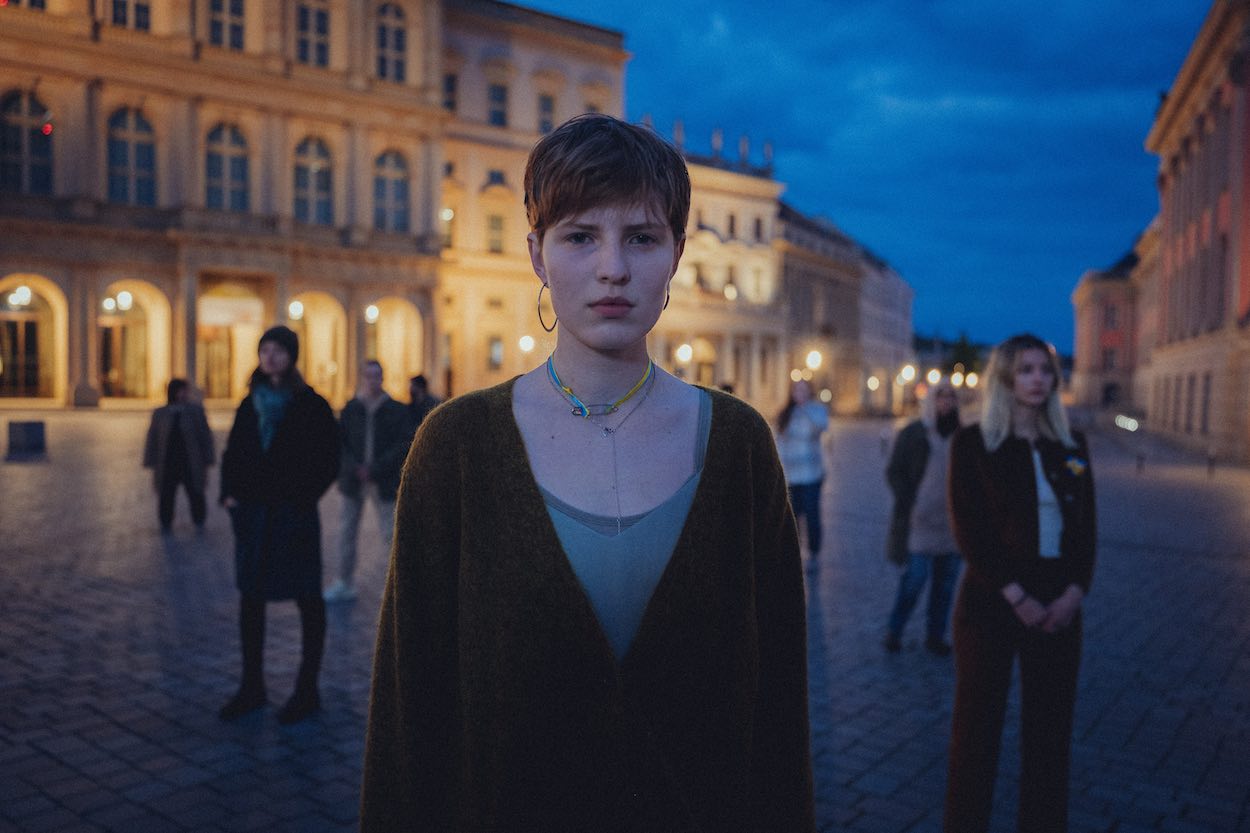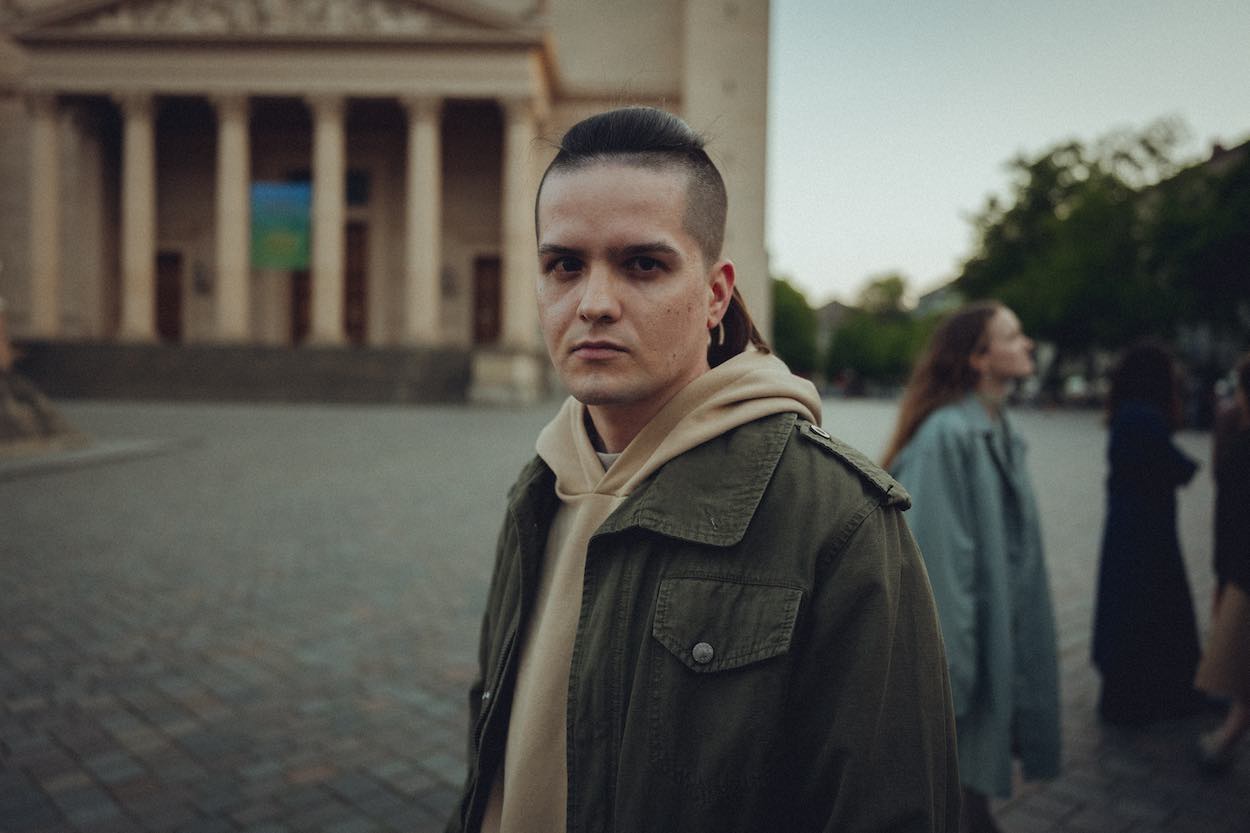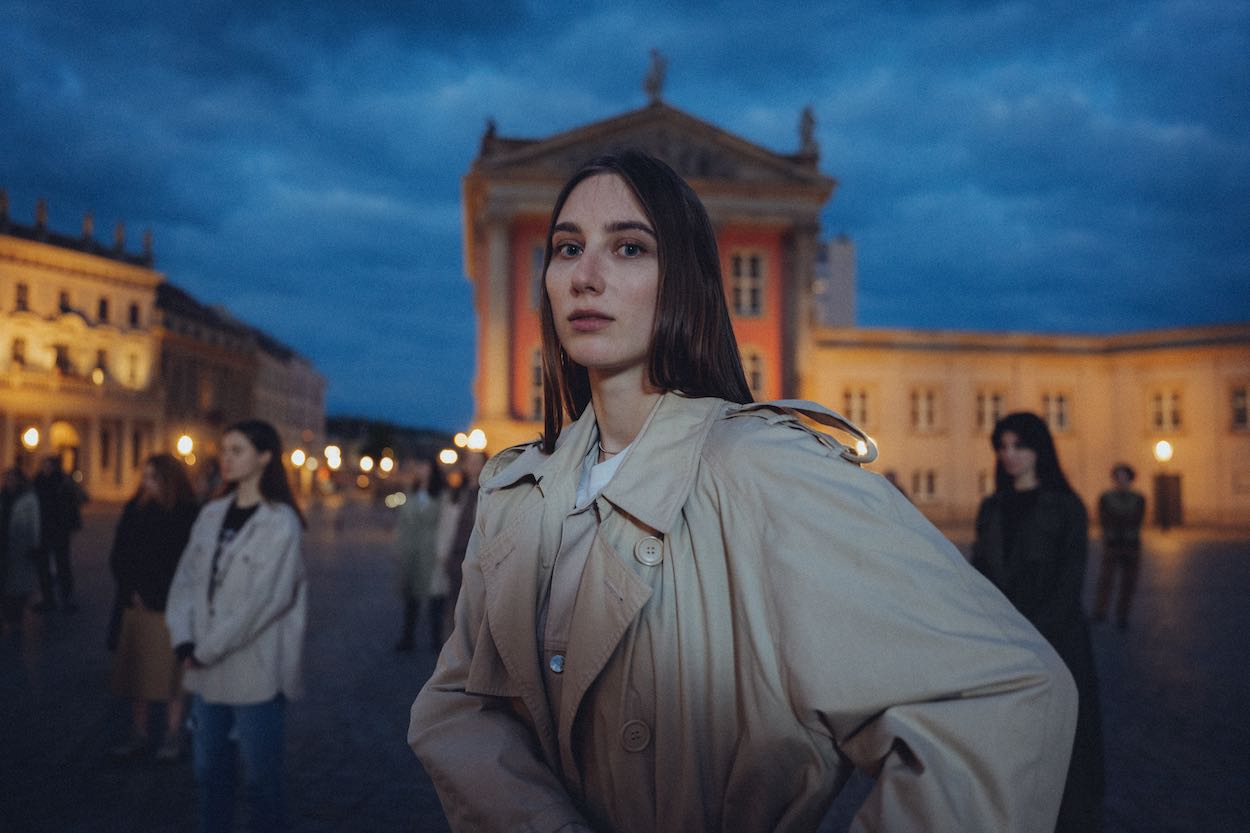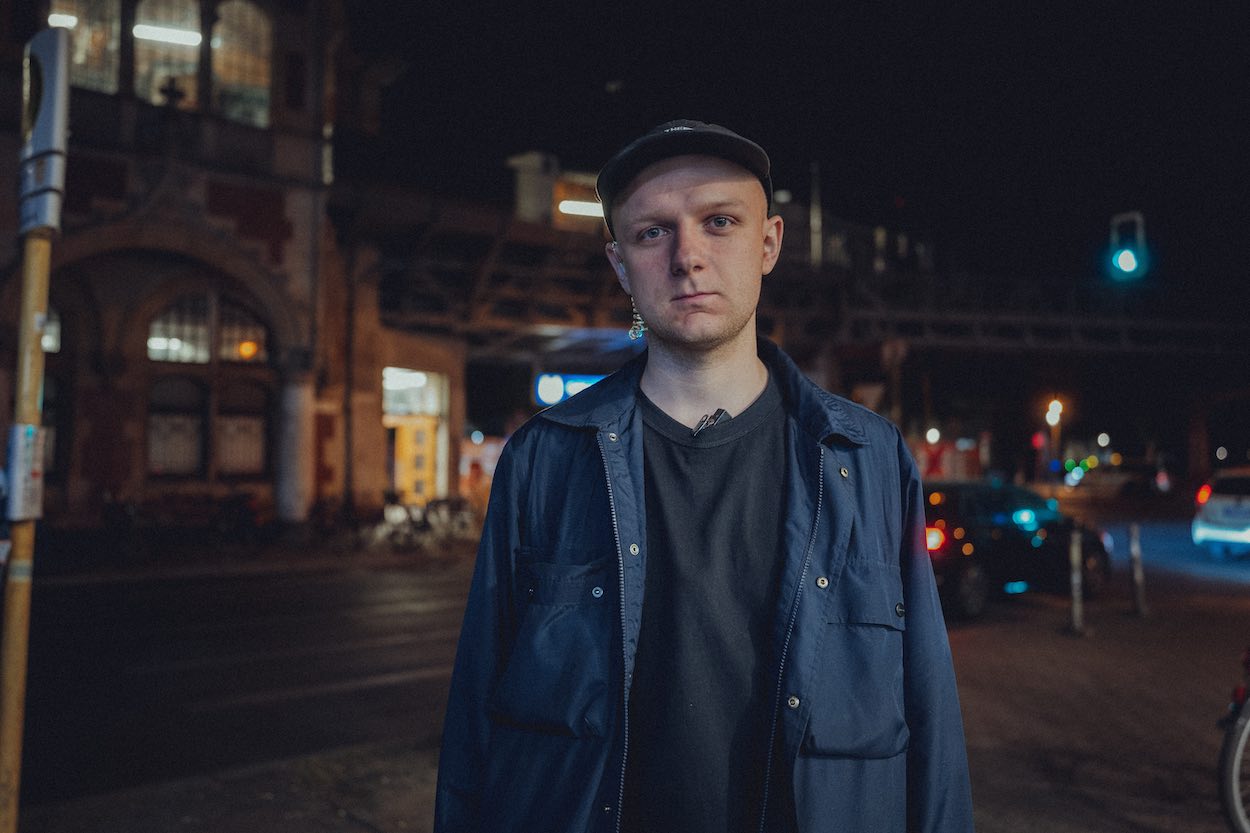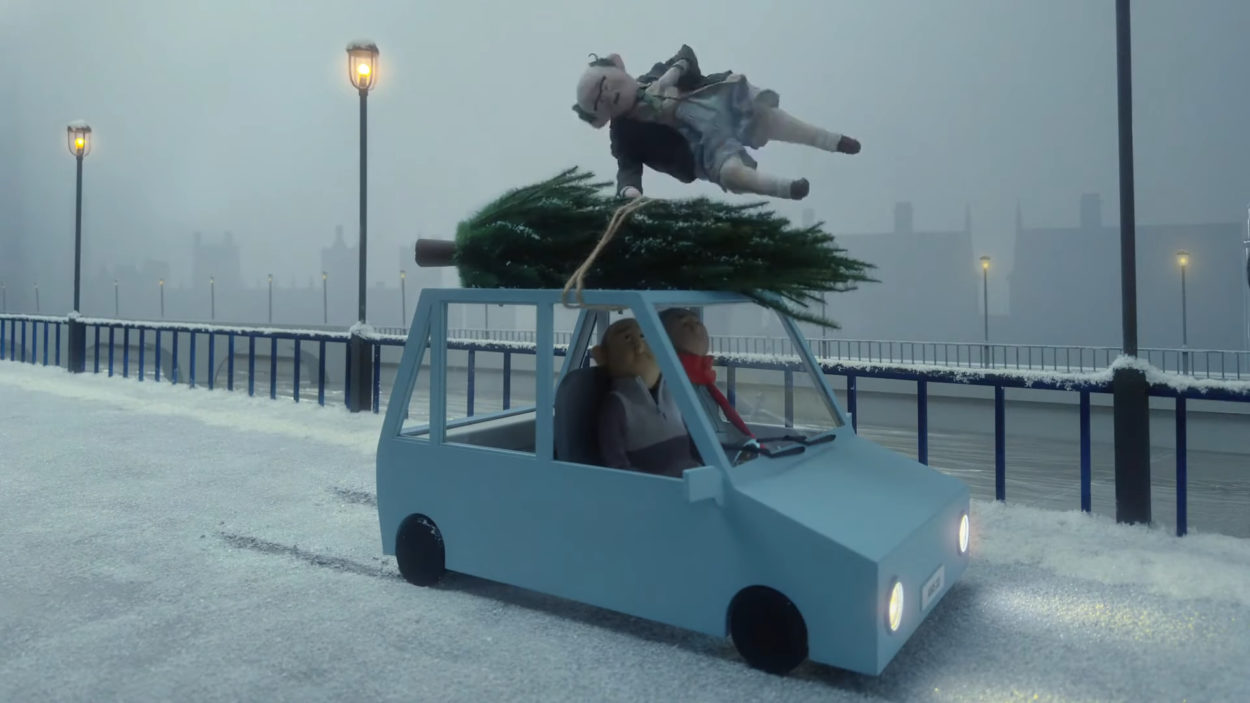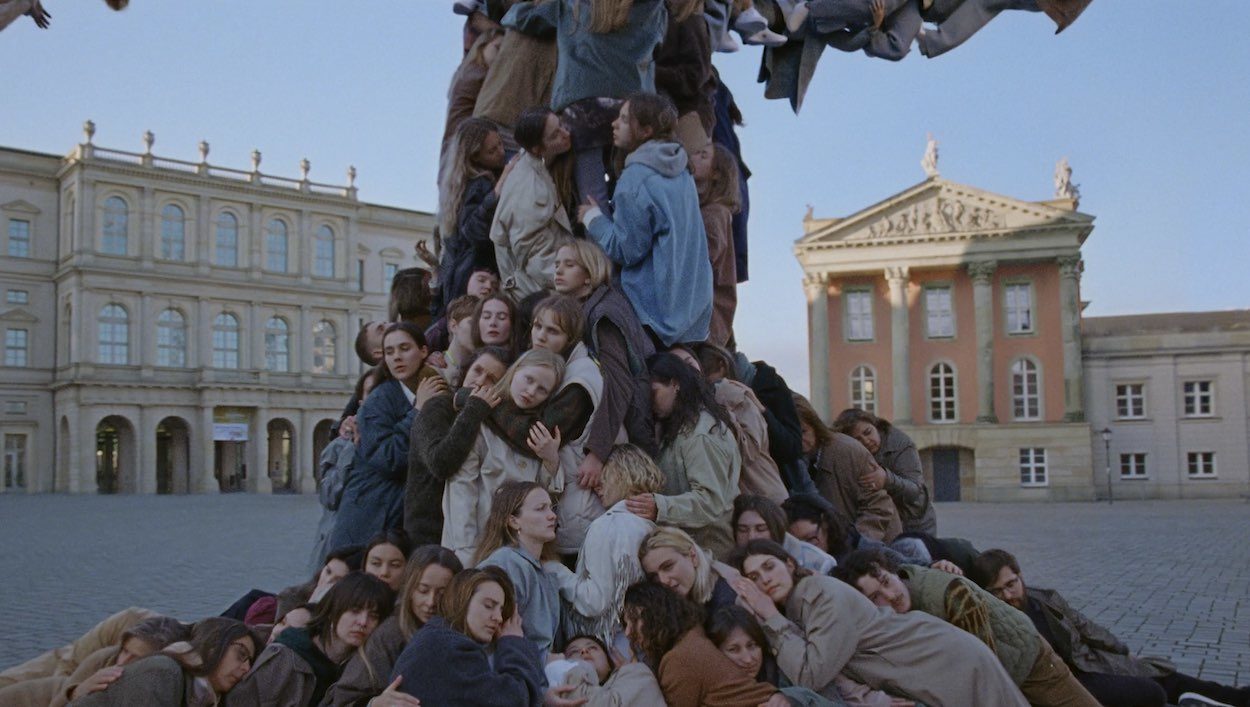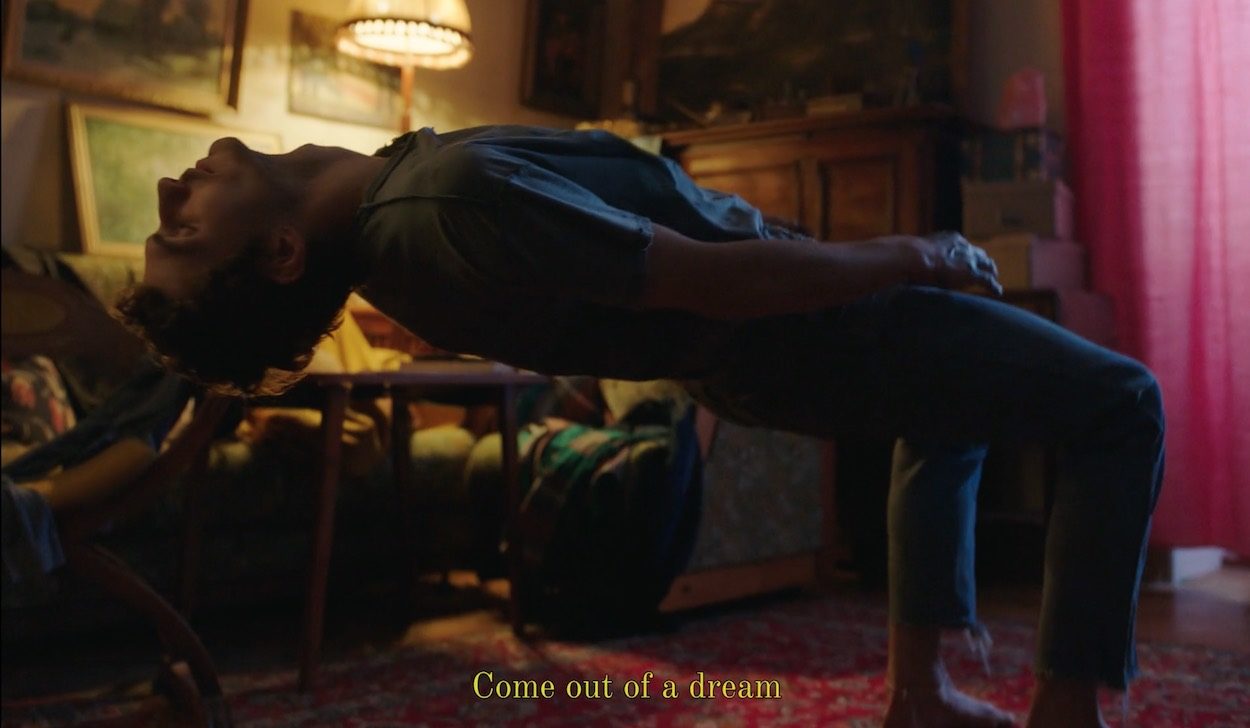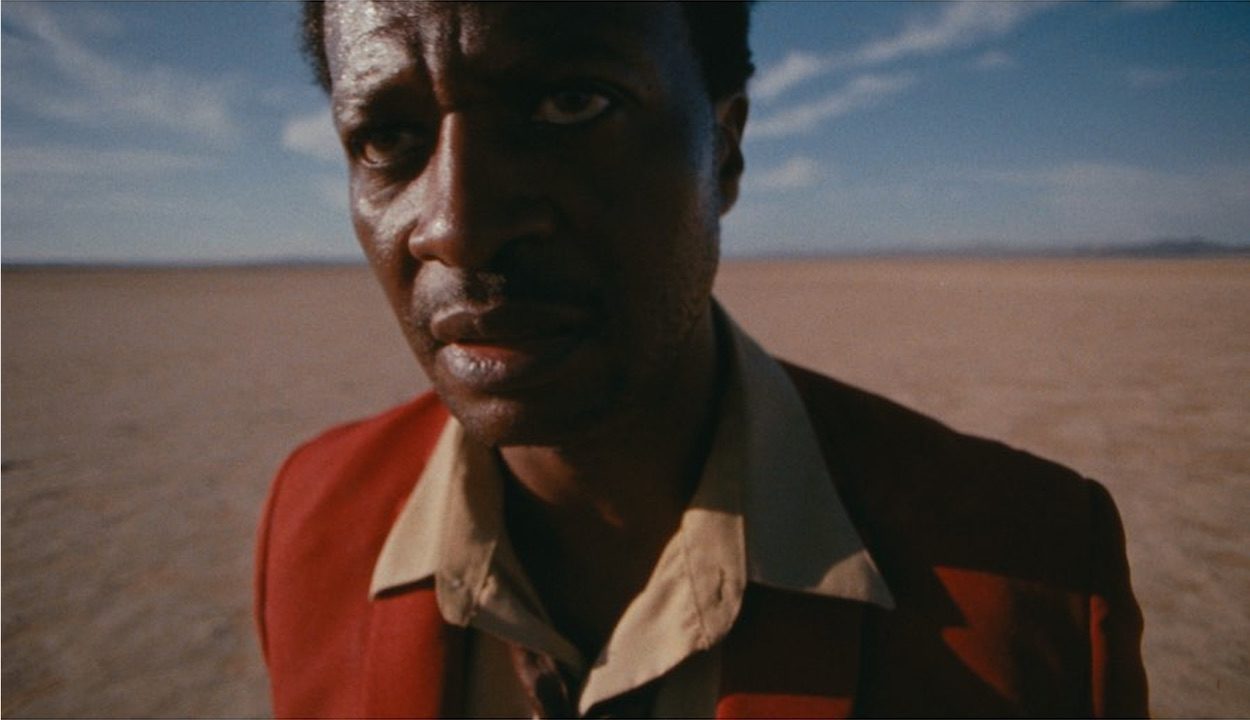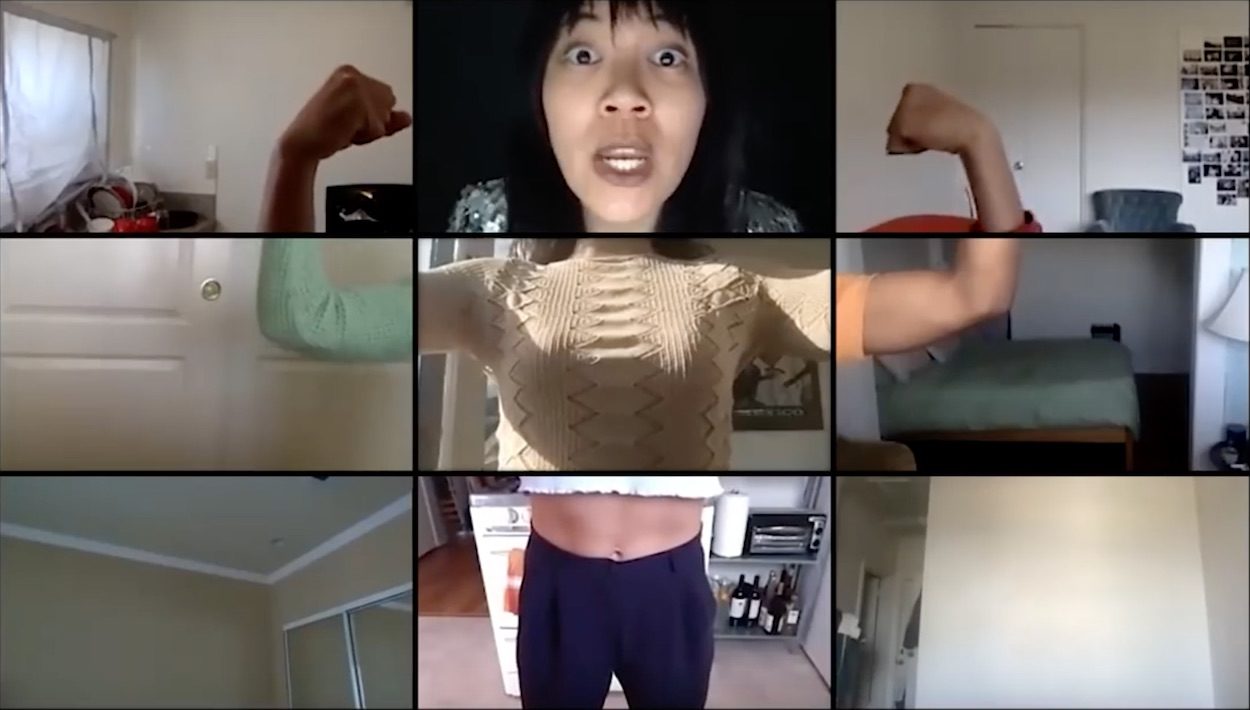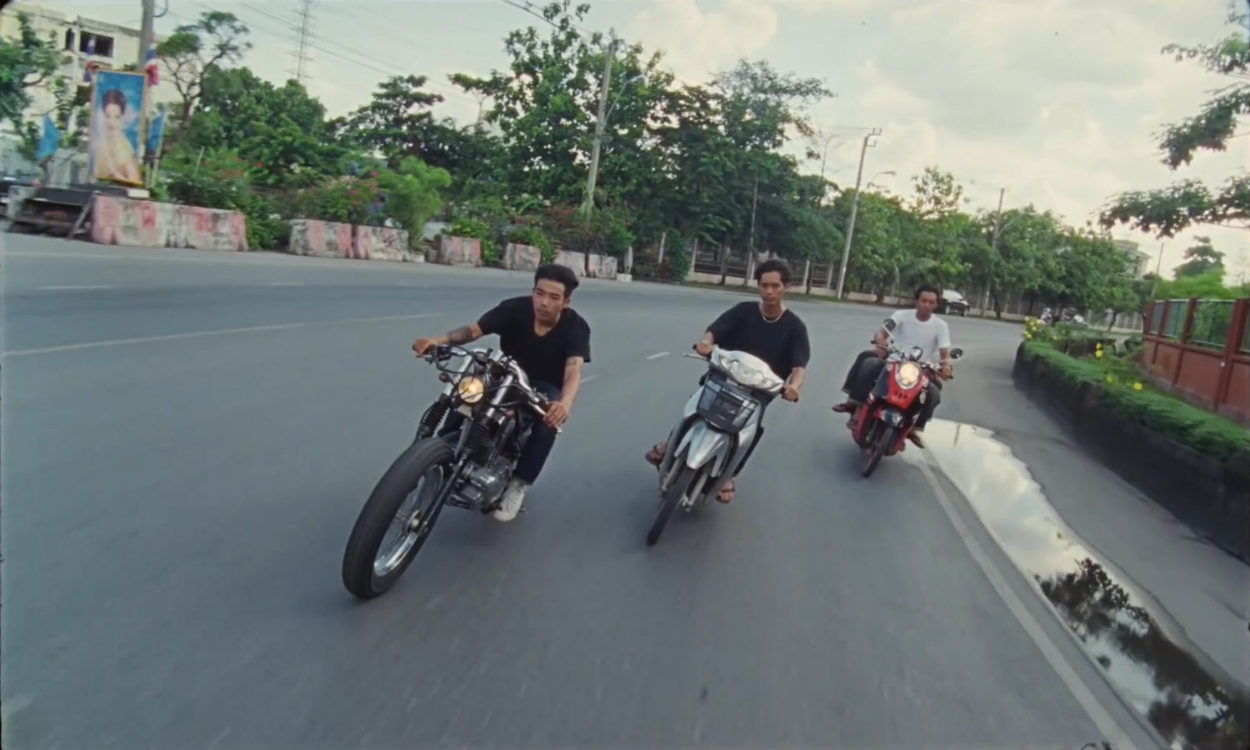There are so many stories to tell about what has happened in Ukraine. This is mine.
One morning I woke up to an email from The New York Times saying that Putin had started the war in Ukraine. Terrible news updates and heart-breaking images were coming from every corner of the internet and snowballed into an avalanche of paralysing pain.
During the following weeks my wife, Julija, and I tried to do everything to somehow help: sending donations, protesting, emotionally supporting our Ukrainian friends.
No matter how much we helped, it did not seem enough. The feeling of guilt for being in a warm apartment and eating tasty food, while our friends were stuck in shelters with nothing to eat or drink, was eating us alive. It was a feeling that I have never experienced in my life.
A month into the war, my Ukrainian friends began to arrive in western Europe after fleeing their homes. One of those friends and a close collaborator, Konstantin Koval, came to Berlin where I live. One night Konstantin was over for dinner and we were talking about the war, politics and refugees. I shared a few stories I had heard about the PTSD that Ukrainian refugees were experiencing: how every loud noise reminded them of bombing, every hard flash of light at night brought back the memories of gunshots and explosions. The subject felt so important but was not being talked about in public. So we came up with an idea to make a film. I never wanted the film to be forced, or made out of self-pity, so I decided to wait it out and tell the story to my refugee friends and colleagues from Ukraine to gauge their reactions to the idea.
Then our friend and costume designer, Margarita Shekel, arrived in Berlin from Kyiv. The blush and joy of life were gone from her face; it felt like I was looking at a different person. She told us how she and her mother spent hours hiding in the bathroom from heavy bombing and said their goodbyes to each other in case they didn’t make it. Looking out of the window, Margarita saw Ukrainian soldiers being shot and their bodies ripped apart. The Russian army exploded the bridge that was less than a few hundred metres from her apartment. Her mom got a heavy shell shock and had trouble hearing.
After hours of conversation with Margarita in Berlin, she brought up the question of her PTSD. Even now, being in a safe environment, when hearing loud noises she got panic attacks. I decided to share the film idea that Konstantin and I had considered. After hearing it out, Margarita said it was exactly how she felt and it was a really important subject to talk about. Following conversations with other Ukrainians suffering from PTSD there was no doubt in my mind: we needed to proceed with the film. Blake Powell, who became the executive producer, connected me with Rick Dodds, a creative partner at Don’t Panic, and together we developed the script.
The human tree idea came to my wife, Julija, who is a production designer, while at a meeting with our friend Katerina Netfield, wife of Ukrainian director Pavels Burak. It was her second day in Berlin after leaving Kyiv and she was feeling worried because Pavel had had to stay in Ukraine. Julija brought up a memory of the blooming sakura [cherry blossom] trees that we have in a park near our place in Berlin to cheer her up.
Katerina got quite dreamy for a while and said: “In a few weeks the chestnut trees will start blooming in Kyiv. How wonderful it would be to walk around the city and enjoy it.” This emotional moment inspired Julija to imagine a blooming tree of people who give each other support and unity. This would be the core of our film Uprooted.
Konstantin and I wanted all the actors in the film to be real refugees, with their own stories to tell. For me, the greatest challenge was to find the balance between getting the best performance out of the actors and keeping them in a psychologically safe environment. In order to do that, the cast and I spent a lot of time in rehearsals to establish a strong connection between each other.
Olga, who is the leading character in the film, basically portrays herself escaping war in Ukraine. A few months ago, Olga woke up in her apartment in the middle of the night to the sounds of heavy bombing. All she managed to grab as she fled was her backpack. Although Olga is one of the most talented young actresses I have worked with so far, her own experience made the performance so transcendent and real. She is a strong and independent young woman, who brought a lot of her own ideas and – most importantly – portrayed the courage and unbreakable hope of her people.
For the bus scene we were looking for an 8-year-old child. Because the idea of having a real refugee of that age seemed wrong, we approached Ukrainian expat child actors.
Anna’s tape just blew me away; the acting was so real that I almost got a panic attack watching it. It was a no-brainer to cast Anna for Uprooted. After confirming her for a role I found out that Anna was not acting in the tape. It was a real video of her taken by her mom took while they were trapped in their apartment as the Russian army bombed their hometown. I was not sure how to react and felt really unsure as to whether she should be asked to relive the same horrific moments again while acting on set.
After my concerns were sent to Anna’s mother, I received a personal letter from Anna saying that her dad is fighting in Ukraine right now and it would be an honour for her to participate in our project. She wanted to tell her story and portray how most refugees feel while escaping the war. I did not know what to say, receiving such a mature letter from an 8-year-old child. We could not break her hope of being part of our message. With the blessing of her mother, our team said yes.
We needed a lot of extras to film the end scene which was being shot overnight in a huge square in Potsdam, just outside of Berlin. Tommy Bartl, our EP, had the idea of contacting Radio Potsdam. He called the station and explained the project and our situation. They loved the idea and invited us to record a radio ad the next day. We ended up getting a great response and it was a huge success. To do projects like this you need to be very creative in production.
The unity within our production team was a great experience. We had a big Whatsapp group where we shared any obstacles we ran into and everyone would come together to problem solve, saying “I have an idea, I can help!”. This group was imperative in our being able to make so much happen in such a short amount of time.
We explored multiple routes to authentically convey the effects of PTSD. While breaking down the storyboard, DOP Albert Salas and I were originally considering taking a rich, visual storytelling approach. At rehearsals, we tried different camera moves, angles and lenses and decided to adopt a more basic handheld, steadicam approach. It felt more pure and immersive to have the ability to react to actors’ movements and convey their emotions in a more authentic way.
My wife and I were born and raised in Latvia, Riga. Since our early childhood there was an ongoing Russian-Latvian conflict, due to the historical roots of Latvia. What happened in Ukraine back in 2014 [when Russia annexed Crimea and launched a war in Donbas], and what is happening right now, hits us in the heart. This film is not only how we feel, it’s our statement; it has our soul and identity in it. As artists we had no other medium in which to capture our sorrow, pain and fears.
I have massive respect for our refugee team, who were brave, bold and full of life and inspiration. Thanks are due to everyone who participated and helped to make our film possible. Never in my life have I seen such unity from people across the globe.
Info:
Andzej Gavriss website
@andzejgavriss
@stinkfilms
@dontpanicldn
Stills photographers:
@the.phillys
@tropicpic
